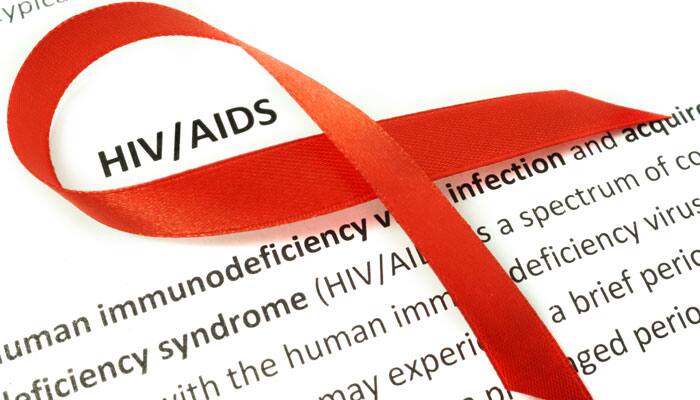Washington: People who have just contracted HIV may not be as highly infectious during this early stage as previously thought, according to a new study.
The finding bolsters the strategy of treating patients with antiretroviral drugs before the onset of AIDS to prevent transmission, researchers said.
A few weeks after people are infected with HIV, they enter a months-long acute phase of infection when levels of virus in the bloodstream spike. If left untreated, this is followed by a decade-long chronic phase of infection that precedes AIDS.
The acute phase has been previously associated with elevated risk for spreading HIV. Researchers have argued that a large portion - or even the majority - of HIV transmission may arise from individuals who have just been infected.
The new analysis found that previous estimates of infectivity during this acute phase are likely to be too high.
Recently infected individuals- - who have not had the chance to start antiretroviral treatment - although still more infectious on average than those in the chronic stage of infection, are not as likely to infect others as was previously thought.
"We found that people are less likely to spread HIV to others during this early stage than has been believed for many years," said Steve Bellan, a postdoctoral researcher at The University of Texas at Austin.
Estimating infectivity during acute-phase HIV is notoriously difficult, and only one study, involving heterosexual couples in Rakai, Uganda, has ever measured it directly.
The new study took two complementary approaches to estimate the additional risk of transmission during the acute phase.
The first analysis used data from the Rakai study but accounted for differences among the couples that were ignored in earlier studies; the second analysis estimated infection risk from measurements of virus levels throughout the acute phase.
Both approaches found that the risk of transmission is indeed higher during the acute phase than the chronic phase, but the amount of additional risk during the acute phase is equivalent to only eight extra months of chronic-phase infectivity.
By contrast, the most commonly cited earlier estimates suggest that the HIV acute phase produces risk equivalent to 31-141 extra months of chronic-phase infection.
The new analysis is published in the journal PLOS Medicine.
















